
To Nuke Or Not To Nuke In SE Asia
At a recent Association of Southeast Asian Nations (ASEAN) conference, Cambodian Prime Minister Hun Sen was filled with foreboding.
“The current world environment is hard to predict, the world is breaking apart while nuclear war or World War III could break out because countries are threatening each other,” he warned, speaking in his capacity as this year's chair of the regional bloc.
A few months earlier, Lee Hsein Loong, the Singaporean prime minister and the region's articulator of international relations, was equally disturbed by the potential snowball effect of a new nuclear arms race in the region.
“In Japan and South Korea, sensitive issues are being raised publicly, including whether to allow nuclear weapons to be deployed on their soil, or even go a step further and build capabilities to develop such weapons,” Lee said in a keynote speech at Nikkei's Future of Asia summit.
“But if we only look at regional security from the perspective of individual nations, we may end up with an arms race and an unstable outcome,” he added.
In 1995, delegates from across Southeast Asia converged in Bangkok to sign the Southeast Asia Nuclear Weapon-Free Zone Treaty SEANWFZ), also known as the“Bangkok Treaty.”
It enshrines a commitment not to“develop, manufacture or otherwise acquire, possess or have control over nuclear weapons; station nuclear weapons; or test or use nuclear weapons anywhere inside or outside the treaty zone.”
Almost three decades later, the war in Ukraine has brought on what some see as a new nuclear era. The Treaty on the Prohibition of Nuclear Weapons, which came into force last year and calls for their abolition, appears weaker than ever.
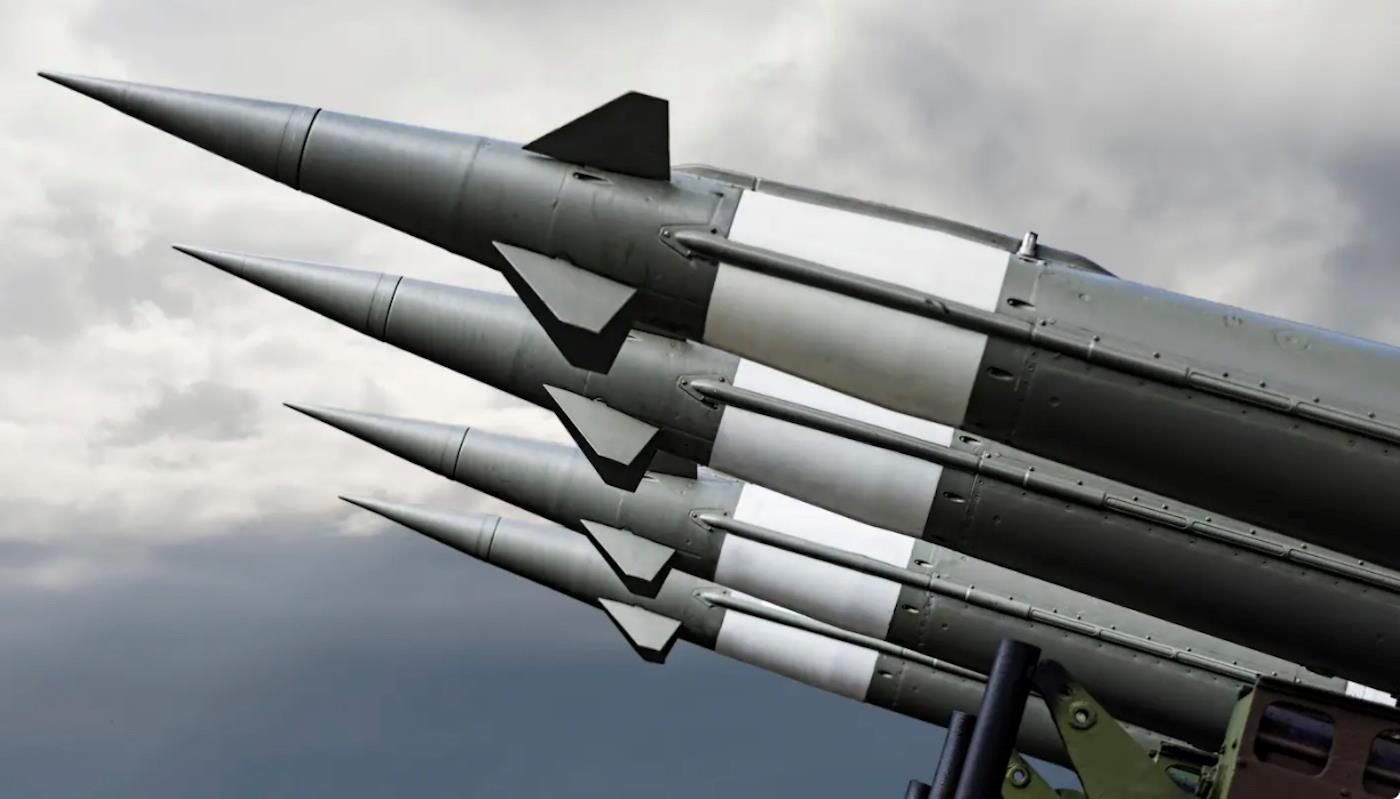
The threat of nuclear weapon use is rising with the war in Ukraine. Image: Twitter
Not long after the Ukraine invasion, Russia's president, Vladimir Putin, warned that any country that interferes would face consequences“such as you have never seen in your entire history.”
This was widely seen as a threat to launch a nuclear attack, a view supported after Putin put Russia's nuclear weapons on alert. NATO, the Western security alliance, dithered afterward. Some pundits reckon Putin's nuclear threat meant Western democracies have limited their material support for Ukraine.
This has two worrying implications for Asia. One is that nuclear states like Pakistan and North Korea will be ever-more assured they made the correct decision in not giving them up under Western pressure.
Kiev agreed to give up its Soviet-era nuclear weapons in 1994 on the promise that Russia, Britain and the United States would uphold its territorial integrity. Russia's annexation of Crimea in 2014 and its full-scale invasion in February left that promise in tatters.
If Ukraine still had those nuclear weapons, Putin probably would never have attacked, many speculate.
The second implication is that other nuclear-armed states may now reckon they can simply copy Putin's playbook. If Western democracies or local rivals become too critical, all they have to do is threaten a nuclear strike.
The UN said earlier this year that Iran now has enough enriched uranium for its first bomb. Pakistan is adding to its arsenal. China is rapidly expanding its nuclear program amid speculation that Beijing aims to deploy nuclear submarines in the South China Sea.
A study last year by the Chicago Council on Global Affairs, a think tank, found that 71% of South Korean respondents support developing their own nuclear weapons, while 56% support the deployment of US nuclear weapons in South Korea.
No Southeast Asian state has nuclear weapons, the result of history as much as the Bangkok Treaty. But they are close to those that do.
Myanmar borders India, which for decades has threatened nuclear war against Pakistan, its historic rival and another nuclear state only a few thousand kilometers from Southeast Asia. Myanmar, Laos and Vietnam all border China, a nuclear power since 1964.
Is Southeast Asia at greater risk today of fallout from a nuclear war?
Tensions between China and Taiwan are reaching a crescendo. Recent wargaming in Washington concluded that a conflict between the US and China over Taiwan could quickly escalate and possibly go nuclear.
“Some [People's Liberation Army] officers have discussed [China] using nuclear weapons first in cases like when a conventional attack threatens the survival of the PLA's nuclear force or the [Chinese Communist Party] itself,” reads the US Defense Department's 2021 China Military Power Report.
However, the region has known this threat for decades.“Southeast Asia has been facing nuclear-armed China and India since the 1960s,” notes Hoo Chiew-Ping, a senior lecturer in Strategic Studies and International Relations at the National University of Malaysia.
“The greater risk for Southeast Asia now,” she added,“is the non-committal to the non-proliferation treaty (NPT) by the major powers and smaller states that aim to offset the potential threats of being toppled by foreign powers by establishing a nuclear weapons program, with North Korea being the successful example.”
A security pact signed last year between the US, Britain and Australia, known as AUKUS, adds a new concern on Southeast Asia's southern flank. Under the AUKUS arrangement, the US and UK will assist Australia in acquiring nuclear-powered submarines.
Most regional respondents to the latest State of Southeast Asia survey, published earlier this year by Singapore's ISEAS-Yusof Ishak Institute, reckoned AUKUS will help to balance China's growing military power.
But 22.5% said it will escalate the regional arms race, and 12% said that it“will undermine the nuclear weapons non-proliferation regime.”
Canberra says it doesn't intend to acquire nuclear weapons, but Australia hasn't ratified the Treaty on the Prohibition of Nuclear Weapons and some question the point of nuclear-powered submarines without nuclear weapons.
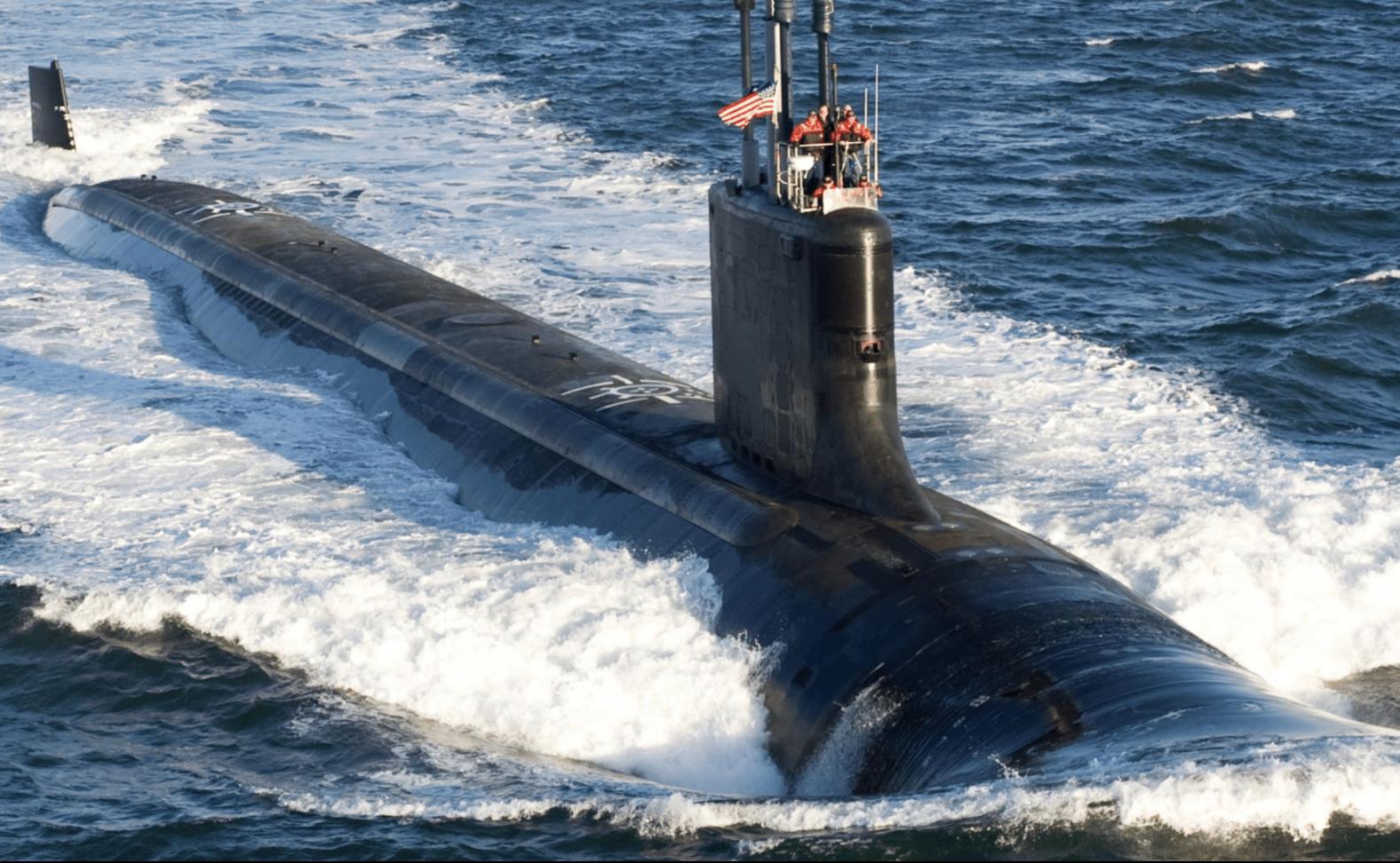
Australia will soon have US-made attack nuclear-powered submarines for deployment to the South China Sea. Photo: US Navy
There's been no serious accident in the region so far, but last year the USS Connecticut, an American nuclear-powered submarine, hit an uncharted underwater mountain in the South China Sea. Washington was naturally tight-lipped over what actually happened.
Southeast Asian states are confined by the Bangkok Treaty. Some even have it written into their constitutions that they cannot possess nuclear weapons. But it hasn't stopped politicians from the region from pondering“what ifs.”
In 2020, Indonesia's Maritime Affairs and Investment Minister Luhut Pandjaitan recalled a sense of being overlooked by American officials at a meeting, at the expense of nuclear China and North Korea.“I thought in my mind, maybe only if we have nuclear power will it scare you,” he said.
Nuclear weapons might be beyond question, but almost all regional governments are now rethinking their previous aversion to civilian nuclear power, especially as global oil and gas prices have soared with the Russia-Ukraine war and as countries look to bolster their climate change actions.
“A number of countries in Southeast Asia are either in a position to or close to being in a position to make a formal decision to embark on a civil nuclear per program,” said Philip Andrews-Speed, a senior principal fellow at the National University of Singapore's Energy Studies Institute.
It might be argued that the Philippines has already made this decision, he added, referring to President Ferdinand Marcos Jr's pledge to adopt nuclear power. In February, Rodrigo Duterte, his predecessor, signed an executive order to include nuclear power in the country's energy mix and as Manila moves to phase out coal-fired power plants.
This could entail restarting the inactive Bataan nuclear power plant, built by Marcos Jr's father, the late dictator Ferdinand Marcos. The US$2.2 billion plant was completed in the 1980s but never opened over safety concerns, especially after the Chernobyl disaster in Ukraine in 1986, the same year Marcos Sr was toppled from power.
In 2009, Vietnam decided to build two nuclear reactors but the plan was shelved seven years later over costs. Its government is now debating whether to revive those plans with Russian and Japanese assistance. Vietnam's industry minister recently called nuclear power an“inevitable trend” for his fast industrializing country.
Indonesia and Malaysia have also been weighing their nuclear futures for decades. A draft bill in Indonesia's parliament could see the country have its first nuclear power plant by 2045. There now appears to be more enthusiasm in Kuala Lumpur for a nuclear power plan after pushback from the previous government of Mahathir Mohamad.
Under its military-influenced government, Thailand has been“very quiet about nuclear, though they have expertise,” Andrews-Speed noted.
As in much of the world, debates are raging across Southeast Asia about whether nuclear is a better alternative for renewable energy, or whether the region should stick with wind, solar and hydrothermal.
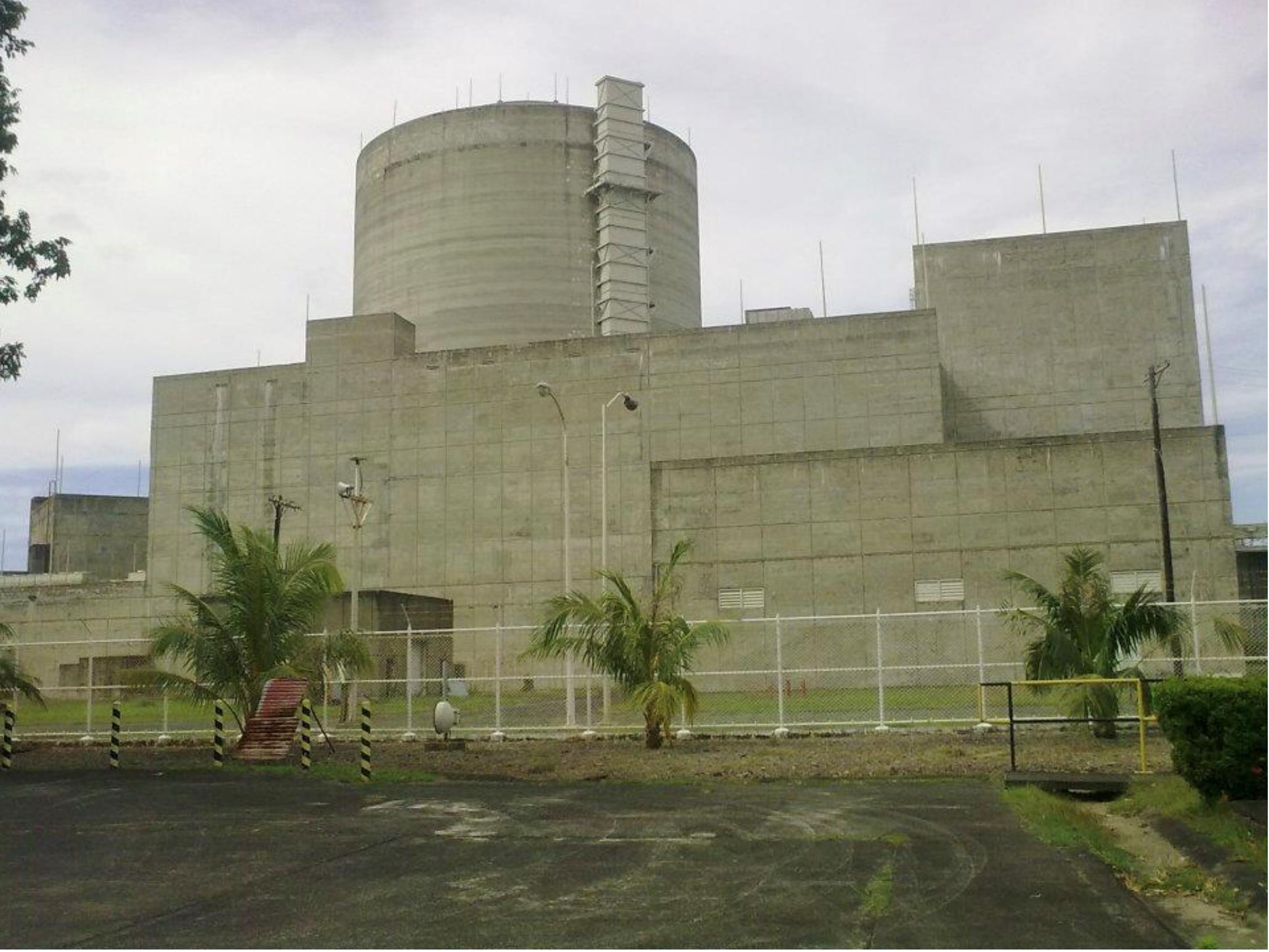
The Philippines' Bataan Nuclear Power Plant has been on ice for decades. Image: Twitter
Vietnam has recently become one of the world's largest investors in solar power. Laos, which signed a nuclear energy agreement with Russia in 2016, is a key hydropower exporter.
Based on other examples, such as in the UK and Germany,“decisions on nuclear power are heavily influenced by politics, in which public opinion plays a major role depending on the nature of the political system,” said Andrews-Speed, of the National University of Singapore.
“That being said, a combination of rising energy demand and growing awareness of climate change make it increasingly likely that one or more ASEAN member states will start constructing one or more nuclear power stations in the next 10 years,” he added.
A PUBLiCUS Asia survey conducted in June found that 59% of Filipinos support the construction of a nuclear power plant. Opinion polls in Indonesia taken between 2010 to 2016 typically found majority support.
The expertise needed to go nuclear is in place across the region, with nuclear engineers and nuclear scientists working on nuclear energy, safety and managing nuclear waste, Chiew-Ping noted.
Some work for the International Atomic Energy Agency, an international organization. The Malaysian Nuclear Agency was established in 1972 and has operated the Puspati Triga research reactor since 1982.
One roadblock, though, is cost.“The key reason that all of these countries have not yet moved forward to build the large-scale nuclear power plant is evidently and repeatedly on safety concerns and financial burdens regarding massive upfront costs and risk of overrun that it entails,” said a Southeast Asian researcher who requested anonymity.
“This implies that [Southeast Asian] governments may have realized or already envisioned a shared huge responsibility of nuclear disaster on the environment and public health that will remain for future generations,” the source added.
Vietnam has u-turned on nuclear energy several times because of the cost implications. It scrapped plans in 2016 as price projections doubled to $18 billion.
One alternative is to turn to Russia. Rosatom, a Russian state-run nuclear firm, has often given developing countries rather generous assistance in nuclear development.
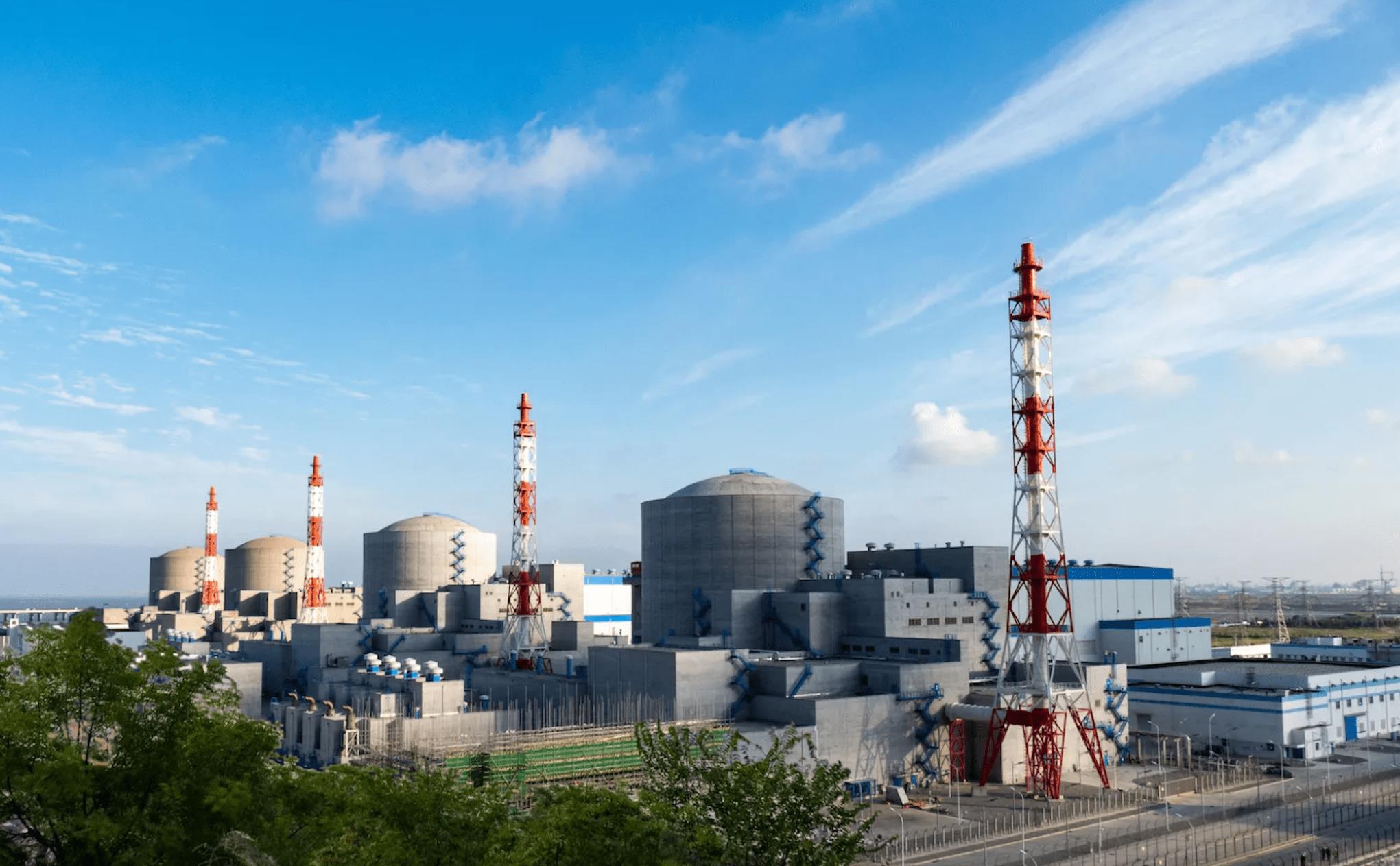
Russia's state nuclear corporation Rosatom has built facilities in China. Photo: AFP / Sputnik / Rosatom
Before plans were stopped in 2016, Vietnam was going to build its reactor in cooperation with Rosatom, which has also signed MOUs with Cambodia and Laos for sharing nuclear advice.
In mid-July, Myanmar's junta signed an MOU with Rosatom. This came after Russia and Myanmar signed a preliminary agreement to cooperate in the peaceful uses of nuclear energy in June 2015.
But analysts are unsure of whether Russian nuclear firms will be welcome in the region after the invasion of Ukraine, while Moscow probably lacks the funds to offer the same sort of generous packages it did previously due to war costs.
Hanoi has been quiet on whether it wants Russian assistance for its renewed nuclear plans. Indonesian president Joko Widodo reportedly discussed nuclear assistance with Putin when he visited Moscow in late June but it's not clear if any nuclear agreement is on the horizon.
Follow David Hutt on Twitter at @davidhuttjourno

Legal Disclaimer:
MENAFN provides the
information “as is” without warranty of any kind. We do not accept
any responsibility or liability for the accuracy, content, images,
videos, licenses, completeness, legality, or reliability of the information
contained in this article. If you have any complaints or copyright
issues related to this article, kindly contact the provider above.

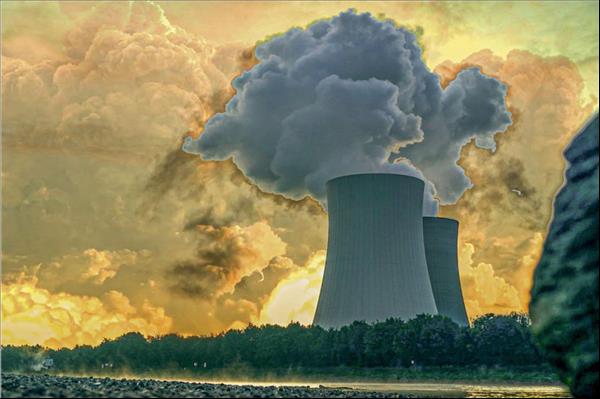
















Comments
No comment